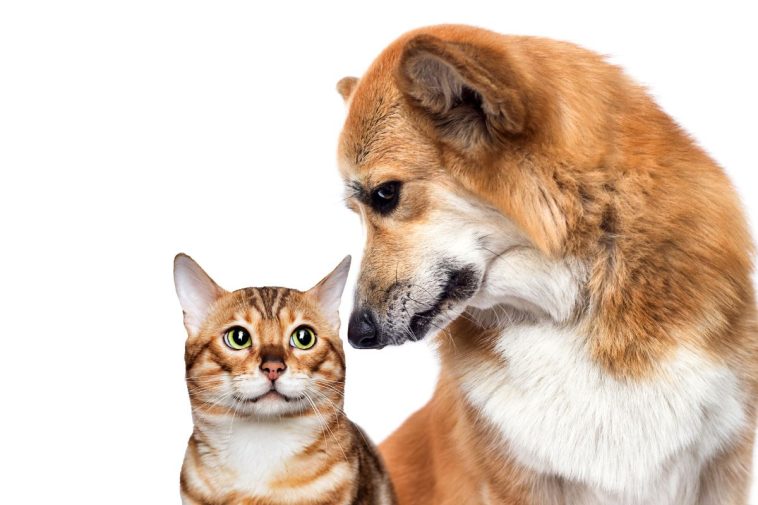Pet owners frequently envision their furry companions as loyal allies who might sit faithfully beside them through thick and thin. The loyalty and deep bond shared with pets often lead to the comforting belief that our animals would mourn us deeply if anything were to befall us. However, dark speculations emerge every so often, primarily surrounding one macabre question: Would our pets, given the circumstance, resort to consuming our remains?
The Evidence from Dogs: Historically, dogs have been companions to humans for thousands of years. Their evolution from wolves to domesticated pets has tamed their wild instincts but hasn’t removed them entirely. Recent findings shed light on this morbid topic. In a rather unsettling case from 1997, a forensic examiner in Berlin reported an incident where a man was found deceased with most of his face and neck missing, surrounded by tooth marks indicative of his pet German shepherd’s intervention. The same dog was found to have vomited some of its owner’s tissue later.
Forensic science journals have recorded dozens of such incidents over the past two decades, where pets were found scavenging their deceased owners. Such instances are indeed unsettling but provide a crucial perspective on the survival instincts that linger in domesticated animals.
In another chilling revelation, dogs in certain situations have been observed consuming their owners even when other food sources were available. This suggests that the behavior might be less about hunger and more about an inherent ancestral trait.
The Feline Predicament: Cats, on the other hand, bring their own set of mysteries. The question of whether or not a cat might feast upon a deceased owner was given some attention when forensic researchers at Colorado Mesa University captured footage of feral cats consuming human remains during a body decomposition study. While these were feral cats, and hunger might have played a role, it raises questions about domesticated cats’ potential behaviors.
There is a common unsettling musing among cat owners, heightened by findings like these: Would their feline friend, in the absence of any other option, choose to feast upon them? Despite these speculations, it’s important to note that not every cat would engage in such behavior. The feral cats in the study, for instance, could have been driven by hunger or instinct rather than mere curiosity.
In Conclusion: While the evidence suggests that both cats and dogs, under specific circumstances, might resort to consuming their dead owners, it’s essential to approach these findings with a balanced perspective. Factors such as hunger, stress and instinct play roles in these behaviors. Domestication has indeed changed many aspects of these animals’ behaviors, but primal instincts remain.
Rather than focusing on the unsettling possibility of being consumed, perhaps the larger lesson here is to recognize and respect the powerful instincts that our beloved pets possess, even in domestic settings. Regardless of these grim findings, the bond shared with our pets is undeniable, rich, and rewarding.




